Tiger Fencers to Wield Epee, Saber, and Foil at Paris Olympics
Seven Olympians in one year is a new high for Princeton fencing
If international fencing were looking for a spokesperson, three-time U.S. Olympian Kat Holmes ’16 might be the ideal candidate. A medical student who started competing in World Cup events as a 15-year-old, Holmes has witnessed the sport’s remarkable growth in the U.S. and abroad over the last 15 years. Fencing’s historical popularity in Europe has made it a hot ticket at this summer’s Paris Olympics, as traditional powers like France and Italy face international upstarts — Asian nations won seven of the 18 medals in team events at the last World Championships. More diversity in the sport, Holmes says, should attract more interest and more viewers.
“And it’s objectively cool, right?” she adds. “People are hitting each other with swords. So I think that it kind of speaks for itself.”
Princeton fans will have ample opportunity to see for themselves if they follow the Tiger fencers in Paris July 27 through August 4. Alumni and students are competing for the United States in each of the three weapons: Husisian and Holmes in women’s epee; Tatiana Nazlymov ’27 and Maia Chamberlain ’22 in women’s saber; and Maia Weintraub ’25 in women’s foil. Canadian Sabrina Fang ’27 and Egyptian Mohamed Hamza ’23 also qualified for the Olympics, in the women’s and men’s foil events.
Seven Olympians in one year is a new high for Princeton fencing, which has an Olympic history that spans more than a century. Holmes followed the footsteps of Olympians Maya Lawrence ’02 and Susie Scanlan ’12, bronze medalists on the 2012 women’s epee team in London. She also was drawn to Princeton by Zoltan Dudas, the program’s head coach since 2006, who has a sterling reputation as an epee coach and was on the U.S. Olympic staff in 2016 and 2021.
“Because we’ve had fencers go to the Games in the past, they really know how to kind of foster that high level of competition,” Holmes says. “And so fencers, when they’re looking at schools, they say, ‘Oh, I know that I can go to the Games if I go to Princeton.’ … And Zoltan and the school really learned how to best support athletes through that into the future.”
Weintraub, a Philadelphia native who traveled to the 2021 Tokyo Olympics as a training partner and qualified for the team event this time around, said that finishing the qualification period in April was initially a huge relief. The celebratingcame later.
“It’s been really nice to be able to just enjoy the results of my work,” she says. “It was a little surreal at first. … I think we’re all just very, very excited to do our best in Paris and put it all out there. I know that the individuals on our team are amazing fencers and amazing people. I wouldn’t want to fence with anybody else.”
While Princeton’s five American fencers have much in common, they also have had distinct pathways to Paris.
Chamberlain, who lives in Menlo Park, California, also was based in New York for training. Qualifying was a two-year process that started immediately after she turned in her senior thesis. She traveled to a World Cup event in Tunisia that week and was “absolutely destroyed” in her first bout, she says. The months that followed were frustrating because of wide-ranging results. In the Olympic year, she regained her consistency and self-confidence amid the sport’s community of high achievers.
“The imposter syndrome is very real,” she says. “I feel like now that mental health is more widely talked about, we’re able to just feel open to talk about it. … We feel really comfortable with each other, and I’m really grateful that we can just notice if someone feels off and then we can have an open conversation.”
Nazlymov, from Bethesda, Maryland, qualified for the Olympics while also completing her first collegiate season. She considered a gap year between high school and college but decided she did not want to be a full-time athlete. “Personally, I needed that balance [of school and sports],” she says. “I didn’t want to wake up and live and eat and breathe fencing.”
Princeton’s fencing room, Nazlymov says, has a healthy team dynamic and “knowing that you’re training with Olympians and very strong fencers boosts the morale.” She is well acquainted with excellence in the sport: Her grandfather, Vladimir, won three Olympic gold medals in saber for the Soviet Union, and her father, Vitali, won an NCAA title at Penn State.
“For a newbie like me,” Nazlymov says, “it’s a once in a lifetime experience. I’m really excited to just see the level of sport there — these are all people that have dedicated their lives to the sport. … But most importantly, I’m there to compete. I’m excited to compete. And after that I’ll get to do all the fun things like watch other events, cheer people on, [and] see France a little.”


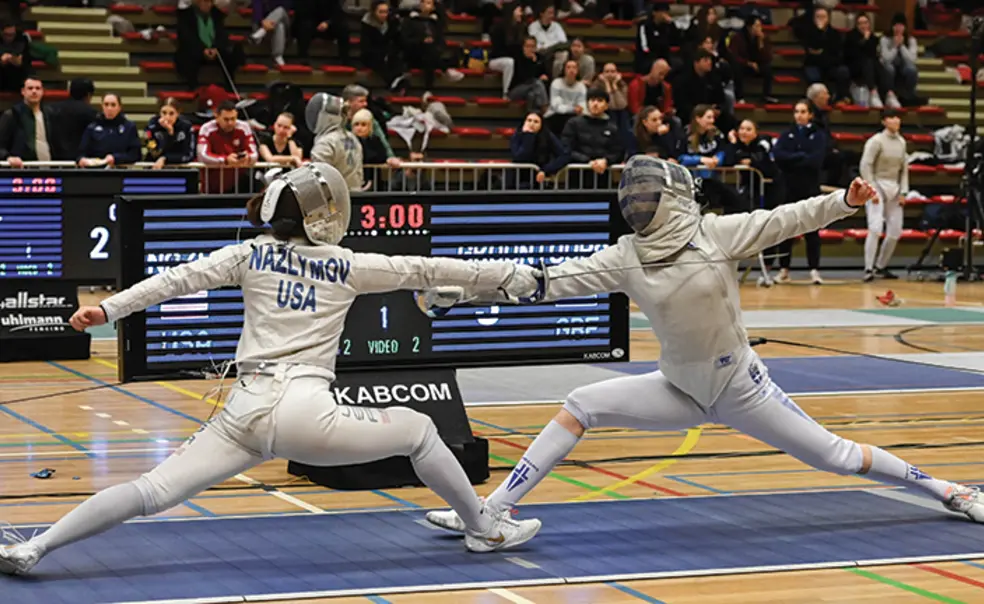
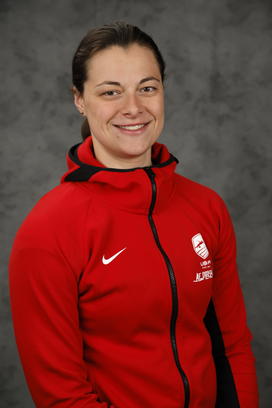
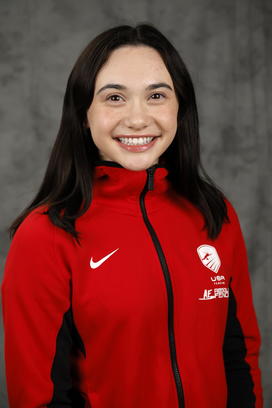
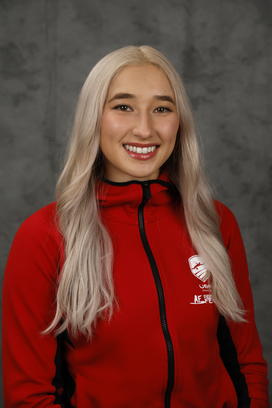
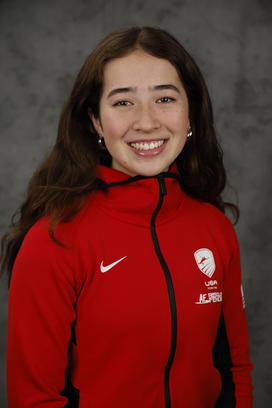
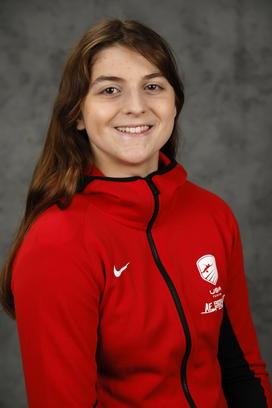







No responses yet